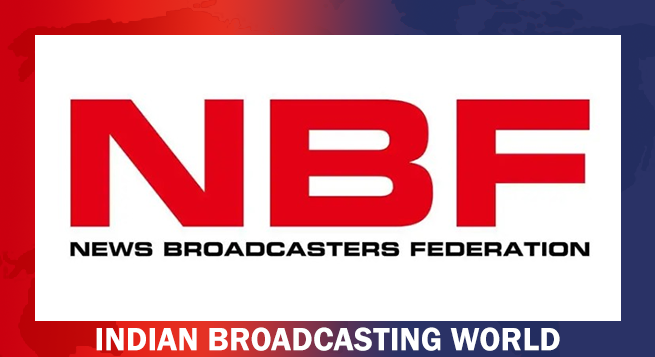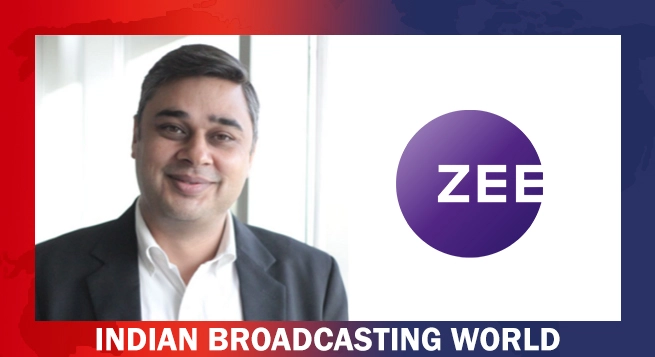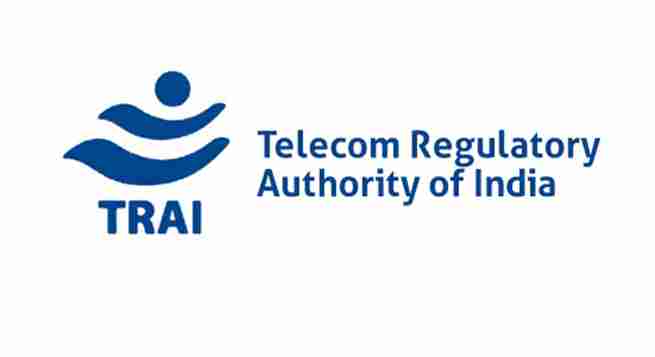India’s Telecom Regulatory Authority of India (TRAI) on Tuesday released its recommendation on ‘Roadmap to promote broadband connectivity and enhanced the broadband speed’ and made a slew of suggestions, including redefining broadband (as per speed) and fiberisation of the cellular networks and enhancement of backhaul connectivity on optical fiber using the BharatNet network.
TRAI has said the definition of broadband has been reviewed and the minimum download speed for broadband connectivity has been upped from the present 512 Kbps to 2 Mbps. Based on download speed, fixed broadband has been categorized into three different categories – basic, fast and superfast.
In bid to encourage thousands of cable operators to provide broadband services, the authority’s past recommendation on “definition of revenue base (AGR) for the reckoning of license fee and spectrum charges” has been reiterated.
TRAI has suggested enhancement of the mobile broadband speed in rural and remote areas by fiberisation of the cellular networks, backhaul connectivity on optical fiber using the BharatNet network with service level agreements (SLA) — basically trying to encourage cable ops and telcos to make use of the BharatNet infrastructure.
To incentivize investment in the last-mile linkage for fixed-line broadband, TRAI recommended notification of a skill development plan and an interest subvention or subsidy scheme for cable operators registered as micro and small size enterprises.
It recommended creation of a national portal for ‘RoW (right of way) permissions’ to facilitate expeditious rollout of telecom and other essential utilities infrastructure, apart from incentivizing establishment of common dues and posts for fiberisation of networks.
In line with BharatNet Project, exempt RoW charges for the next five years for expeditious laying of common duets and posts, TRAI said.Interestingly, TRAI also recommended a pilot project in rural areas involving the government’s successful ‘direct benefit transfer’ (DBT) scheme (transferring cash directly to the beneficiaries’ bank accounts) for proliferation of fixed-line broadband subscriptions.
After ascertaining the practicality of the pilot DBT scheme in accelerating the growth of fixed-line broadband services, other specifics of the project could be worked out for a broader rollout, TRAI has suggested.
 NBF issues another advisory to member TV news channels
NBF issues another advisory to member TV news channels  Govt directs OTT platforms to stop airing Pak content
Govt directs OTT platforms to stop airing Pak content  Netflix to have AI-powered iOS search in TV app revamp
Netflix to have AI-powered iOS search in TV app revamp  India sets up panel to review copyrights laws, AI disputes
India sets up panel to review copyrights laws, AI disputes  ZEEL appoints Rohit Suri as Chief Human Resource Officer
ZEEL appoints Rohit Suri as Chief Human Resource Officer  Ved Prakash Sharma’s bestselling novels to get film adaptations
Ved Prakash Sharma’s bestselling novels to get film adaptations  Ultra Play celebrates iconic Bollywood mothers with content lineup
Ultra Play celebrates iconic Bollywood mothers with content lineup  Sony PAL records 15.6% weekly reach in Week 17: BARC Report
Sony PAL records 15.6% weekly reach in Week 17: BARC Report  Dolby announces Mother’s Day special content lineup
Dolby announces Mother’s Day special content lineup 








